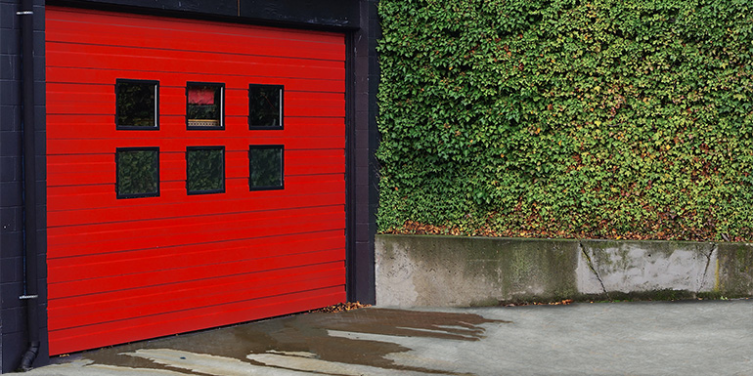
Mr. Rooter Plumbing explains how to unclog a garage floor drain effectively.
|
Garage floor drains get a lot of abuse, from dog hair to snow runoff to oil. With so much unmentionable gunk flowing down the drain, it’s no wonder it can easily become clogged. If your garage drain is backing up, use this guide to help get things flowing smoothly again.
Supply List
Here’s what you need to combat a clogged garage drain:
- Rubber gloves
- Flashlight and bucket
- Plunger and petroleum jelly
- Baking soda, white vinegar, and boiling water
- Plumber’s snake and old rags
How to Unclog a Garage Floor Drain
Start by removing the drain cover and putting on rubber gloves. Then, make your way down this list until you successfully remove the clog:
- Remove as much as you can by hand. Shine a flashlight into the drain and with gloved hands, reach inside and scoop out anything you find. Place the debris in a bucket.
- Plunge the drain to see if you can move the blockage along. Apply petroleum jelly to the rim of the plunger to ensure a tight seal. Forcefully thrust the plunger against the drain opening several times. Pour some water down the drain to see if it flows smoothly.
- Use baking soda, white vinegar, and boiling water to potentially break up a tough clog. First, pour a quart of boiling water into the drain and let it sit for 10 minutes. Next, pour an entire one-pound box of baking soda into the drain, followed by 32 ounces of vinegar. Let this fizz for 10 minutes, and then slowly flush the drain with another quart of boiling water.
- Break out the plumber’s snake. Rotate the cable as you insert it into the drain. When you encounter resistance, push and twist the cable so the hooked end breaks through the blockage. Pull the cable out and wipe it down with an old rag. Repeat if necessary. Pour some water down the drain to see if it flows smoothly now.
What Causes Clogged Garage Floor Drains?
Once the floor drain is flowing smoothly again, you want to keep it that way. This requires you to pinpoint the underlying problem that caused the garage drain to back up in the first place. These might include:
- Blocked sewer line: If the main sewer line clogs, the drain at the lowest point in your house will start to overflow first. This could be the garage floor drain, especially if you don’t have a basement. Other signs of a sewer clog include a gurgling tub drain or bubbling toilet when you turn on a faucet.
- Frozen drain pipe: If you first noticed the clogged garage drain on a bitterly cold morning, there could be ice further down the pipe. You may need to excavate and insulate the pipe to prevent it from freezing. This is important because repeat freezing and thawing may cause the frozen pipe to burst and leak into the soil. This also opens a new gateway for dirt and debris to enter the plumbing.
- Pipe crystallization: Sugary liquids, soap, and urine leave sediment behind when they travel down a dry drain. Over time, this builds up, causing crystallized matter to form inside the pipe. A professional plumbing tool may be required to break through this.
What About How to Unclog Basement Floor Drains?
The above tips will work for clearing out other types of drains, including basement floor drains. With your rubber gloves on, try these steps to unclog your basement floor drain:
- Remove the drain cover.
- Remove as much debris as you can by hand.
- Use a plunger to loosen deep-down clogs.
- Pour baking soda and white vinegar down the drain; after 10 minutes, flush the drain with boiling water.
- If the drain is still clogged, use a plumber’s snake to snag and remove stubborn clogs.
- Once the drain is flowing freely again, replace the drain cover.
Drain Cleaning Services
When your best efforts to unclog the garage drain prove fruitless, turn to Mr. Rooter® Plumbing for professional drain cleaning services. Our licensed plumbers are available around the clock to provide the fast support you need. Contact us the next time your garage drain backs up!

